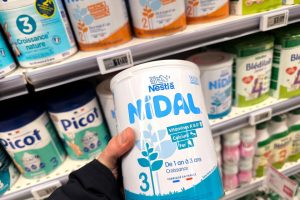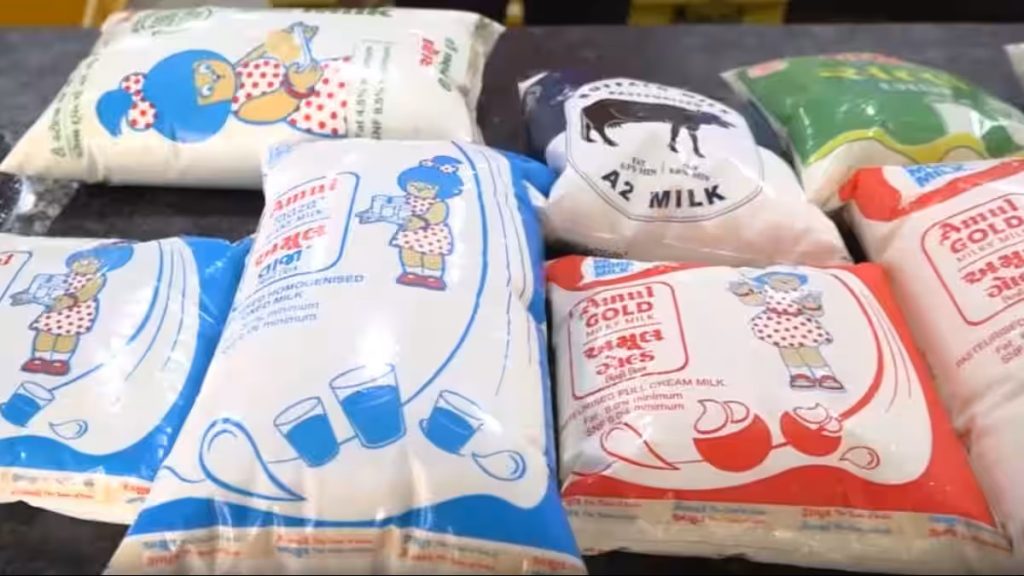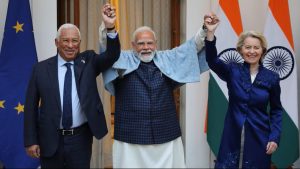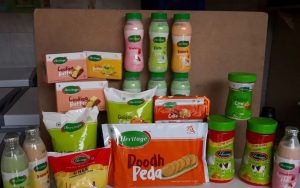
Analyzing the strategic push by India’s largest cooperative to establish a substantial international dairy presence and challenge existing export dynamics.
Amul, India’s preeminent dairy cooperative, is actively shifting its focus from purely domestic dominance to aggressive international expansion, aligning with the national aspiration for India to become a global leader in the dairy sector. This pivot is a crucial development for global agribusiness and dairy manufacturers, as Amul seeks to leverage its massive production base and established reputation to capture significant market share in foreign territories. This move sets the stage for intensified competition in international markets, particularly for foundational products.
The strategy hinges on two key pillars: increased product diversity and targeted geographical expansion. Amul is preparing to not only export traditional products but also to penetrate markets with modern, value-added dairy items that appeal to diverse international consumer palettes. For dairy analysts, this signifies a commitment to scale production capabilities specifically for export-grade quality, demanding a deeper integration of quality control and supply chain management suited for cross-border trade.
Financially, this global ambition is backed by robust domestic scale. As the world’s largest milk producer, India provides Amul with an inherent cost and volume advantage that few international competitors can match. This economic reality forms the basis of their dairy economics model: high-volume domestic stability funding strategic, lower-volume, high-margin international ventures. This allows the cooperative to sustain competitive pricing while investing heavily in the necessary international cold chain logistics and certifications.
Furthermore, Amul’s expansion is heavily influenced by geopolitical and trade considerations. The goal is to establish a strong footprint in regions with high consumption growth potential, effectively diversifying revenue streams away from full reliance on the densely competitive domestic market. This proactive approach by a major dairy producer in a vast emerging economy is a compelling case study for how large-scale, cooperative models can evolve into formidable global market challengers, potentially disrupting long-standing international dairy alliances.
In summary, Amul’s prepared global push is not just a commercial effort but a state-backed strategic initiative to cement India’s position as a dominant force in the global dairy sector. The execution of this plan—focused on exporting both volume and value—will be closely watched by rival dairy manufacturers and agribusiness investors worldwide as it signals a major shift in the balance of global milk supply chain power and competition.
Source: Read more about the cooperative’s strategic international moves at Zee Business.
You can now read the most important #news on #eDairyNews #Whatsapp channels!!!
🇮🇳 eDairy News ÍNDIA: https://whatsapp.com/channel/0029VaPidCcGpLHImBQk6x1F

















